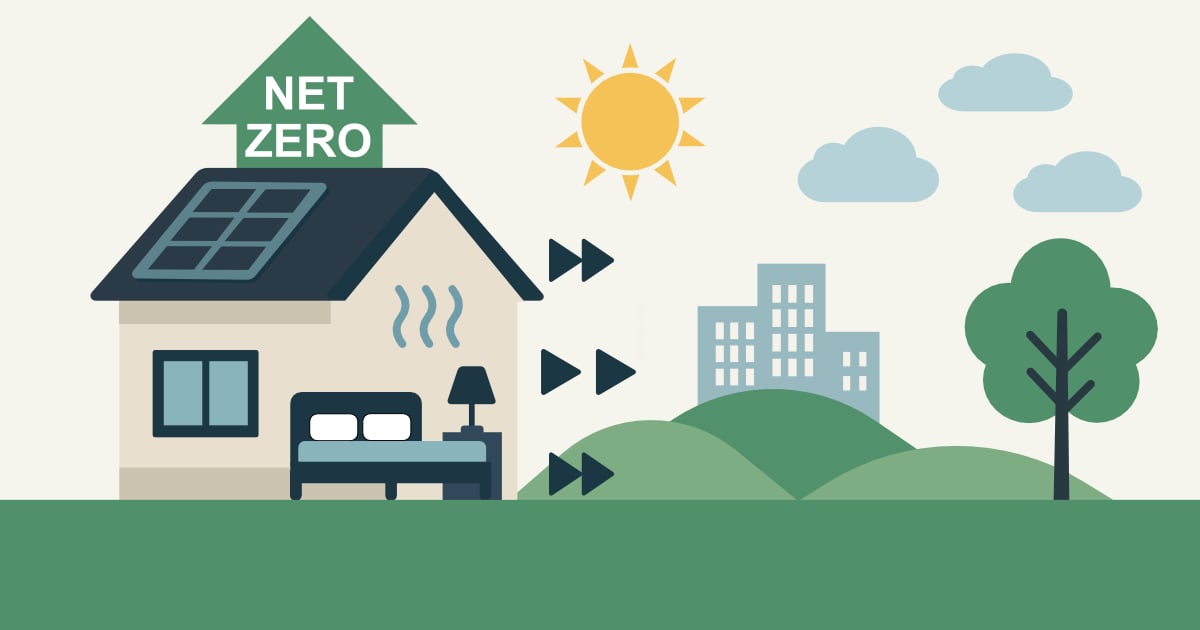- 2.3Impact Factor
- 4.9CiteScore
- 17 daysTime to First Decision
Air Quality in the Era of Net-Zero Buildings
This special issue belongs to the section “Air Quality“.
Special Issue Information
Dear Colleagues,
The transition to net-zero buildings is a cornerstone of climate action strategies worldwide. However, as buildings become increasingly airtight and energy-efficient, new challenges emerge regarding their impact on indoor and outdoor air quality. While energy and carbon performance have often taken centre stage, thermal comfort and air quality—particularly in domestic and retrofit settings—are now recognised as critical determinants of health, comfort, and building performance.
This Special Issue focuses on the complex and evolving relationship between net-zero buildings and air quality and thermal comfort, with an emphasis on interdisciplinary, evidence-based research. We aim to investigate how low-carbon design, retrofit strategies, and operational practices impact exposure to pollutants, ventilation effectiveness, and occupant well-being across various building types and climate contexts.
The scope of the Special Issue includes, but is not limited to, the following topics: indoor air quality monitoring and modelling in low-energy buildings; thermal comfort; the impacts of retrofit measures on pollutant dynamics; air quality modelling and simulation; interactions between indoor and outdoor air; innovative ventilation solutions; and the co-benefits and trade-offs between energy efficiency and environmental health (i.e., thermal comfort and associated illnesses related to air quality and heat stress). Contributions exploring policy, standards, or post-occupancy evaluation are also welcome.
Our purpose is to bring together a community of researchers, designers, engineers, and policymakers who are investigating how buildings can be both climate-resilient and health-promoting. By synthesising current knowledge and highlighting research gaps, this Special Issue seeks to inform the next generation of design and retrofit strategies that align net-zero goals with high standards of indoor environmental quality.
Dr. Alejandro Moreno-Rangel
Prof. Dr. Genny Carrillo
Prof. Dr. Lori McElroy
Dr. Hanan Al-Khatri
Guest Editors
Manuscript Submission Information
Manuscripts should be submitted online at www.mdpi.com by registering and logging in to this website. Once you are registered, click here to go to the submission form. Manuscripts can be submitted until the deadline. All submissions that pass pre-check are peer-reviewed. Accepted papers will be published continuously in the journal (as soon as accepted) and will be listed together on the special issue website. Research articles, review articles as well as short communications are invited. For planned papers, a title and short abstract (about 250 words) can be sent to the Editorial Office for assessment.
Submitted manuscripts should not have been published previously, nor be under consideration for publication elsewhere (except conference proceedings papers). All manuscripts are thoroughly refereed through a single-blind peer-review process. A guide for authors and other relevant information for submission of manuscripts is available on the Instructions for Authors page. Atmosphere is an international peer-reviewed open access monthly journal published by MDPI.
Please visit the Instructions for Authors page before submitting a manuscript. The Article Processing Charge (APC) for publication in this open access journal is 2400 CHF (Swiss Francs). Submitted papers should be well formatted and use good English. Authors may use MDPI's English editing service prior to publication or during author revisions.
Keywords
- air quality modelling
- air quality monitoring
- building performance evaluation
- building retrofit
- energy-efficient buildings
- healthy buildings
- indoor air quality
- low-carbon building design
- net-zero buildings
- outdoor air quality
- ventilation strategies
- indoor and outdoor air quality relationships
- retrofit
- thermal comfort

Benefits of Publishing in a Special Issue
- Ease of navigation: Grouping papers by topic helps scholars navigate broad scope journals more efficiently.
- Greater discoverability: Special Issues support the reach and impact of scientific research. Articles in Special Issues are more discoverable and cited more frequently.
- Expansion of research network: Special Issues facilitate connections among authors, fostering scientific collaborations.
- External promotion: Articles in Special Issues are often promoted through the journal's social media, increasing their visibility.
- e-Book format: Special Issues with more than 10 articles can be published as dedicated e-books, ensuring wide and rapid dissemination.

